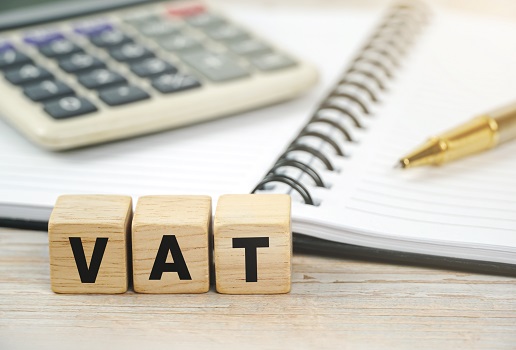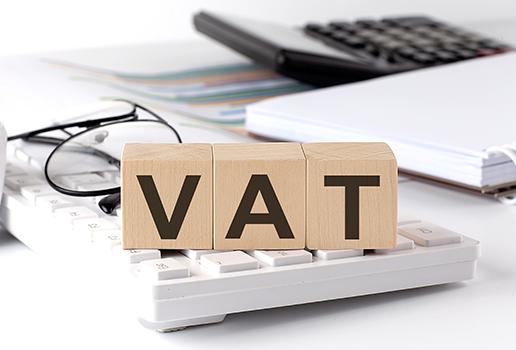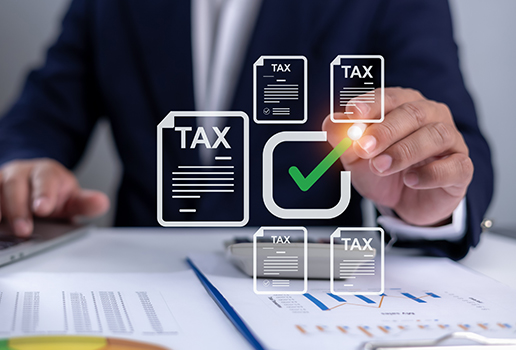The UAE’s influencer scene is exploding. Value Added Tax (VAT) and Corporate Tax significantly impact how influencers earn and operate. The UAE’s tax rates remain competitive globally, with a 9% Corporate Tax and 5% Value Added Tax. These relatively low rates contribute to the UAE’s appeal for the growing influencer industry. This guide delves into the complexities, offering insights to help understand and navigate tax obligations.

The UAE’s VAT regulations apply to influencers once their taxable supplies exceed AED 375,000 annually. This includes direct payments for promotional services as well as the value of goods or services received through barter arrangements. VAT registration is mandatory upon surpassing this threshold. Larger brands often require their suppliers to possess a valid VAT registration certificate before engaging them.
If an influencer fails to register for VAT upon exceeding the threshold, they are responsible for paying 5% VAT themselves. The influencer may be able to claim input tax to offset their VAT liability.
When an influencer promotes a brand for a UAE-based company, the transaction is subject to VAT at 5%. However, if the brand is located outside the UAE, the service may generally be zero-rated. If the foreign brand has any presence in the UAE (e.g., showroom), the influencer must charge 5% VAT.
Additionally, if the influencer’s services fall under categories such as “cultural,” “artistic,” “sporting,” or “educational” (e.g., an educational influencer conducting online courses), VAT applies at 5%, regardless of the brand’s location.
When payment is received in the form of goods or services (barter), the influencer must account for VAT on the market value of the items received. Here too, VAT generally depends on the brand’s location: 0% for businesses outside the UAE and 5% for those within.
VAT on electronic services i.e., advertising space on social media platforms or revenue from platforms like YouTube may be out of scope if the brand or customer is based outside the UAE and has no physical presence within the country. Specific VAT treatment varies depending on factors such as the location of the audience, the platform’s operations within the UAE, and the nature of the service.
Navigating the tax landscape for influencers in the UAE requires careful planning and a proactive approach. While the UAE offers competitive tax rates, it is crucial to understand their implications for each business model.
Link of the publish: https://gulfnews.com/gn-focus/corporate-tax-and-vat-considerations-for-influencers-in-the-uae-1.500025168











